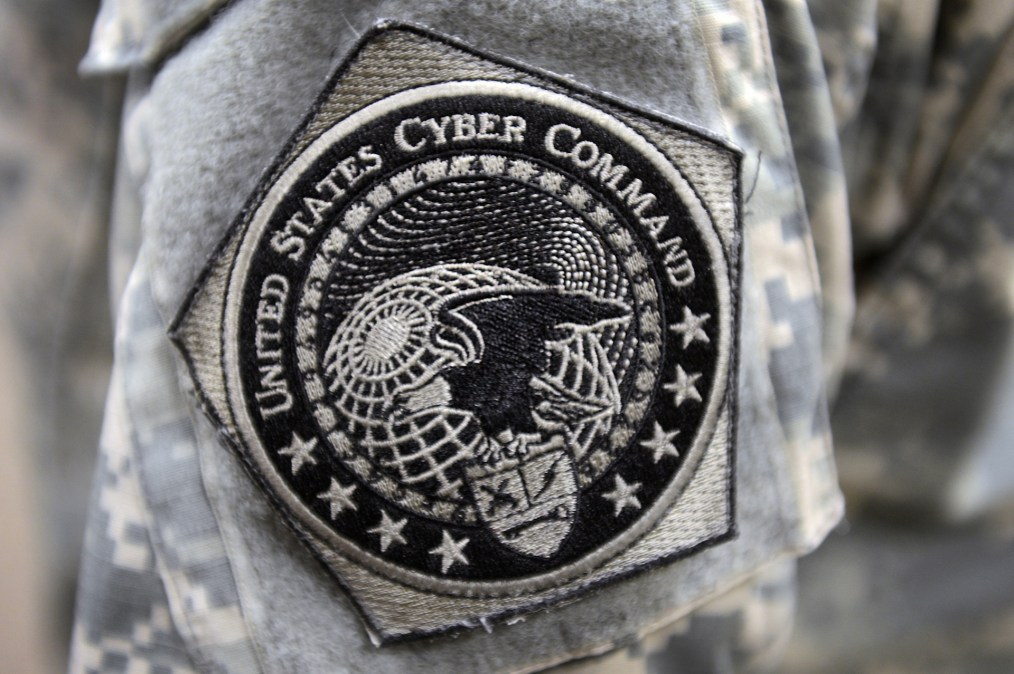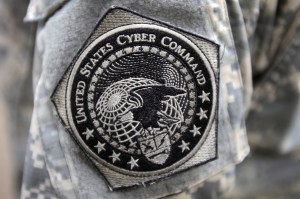Space Force will likely add a component to Cyber Command, senior official says

As the newest military branch, the Space Force is currently leveraging the Air Force’s component to U.S. Cyber Command as its conduit and connection to the organization. But that may change, according to a senior official.
“We don’t have our own cyber component yet in U.S. Cyber Command [but] I think that day will come, quite frankly. It’s too important. The service will have too many cyber responsibilities. We’re just not there yet. You’ve got to prioritize and pick your battles early on, but Cyber Command has been a terrific partner,” Space Force Deputy Chief for Operations, Cyber and Nuclear Lt. Gen. B. Chance Saltzman told reporters on Thursday.
Speaking in Washington at a meeting hosted by the Defense Writers Group, Saltzman expressed a strong commitment to prioritizing cybersecurity in all Space Force efforts.
Cybercom is one of the nation’s 11 combatant commands for the joint force, and the Space Force has leaned on the organization to help safeguard its nuclear command, control and communications (NC3) networks.
“We simply go to Cyber Command and we say, ‘What capabilities do you have to offer? Can you come look at our networks and tell us where the issues are and what we can do internally to help shore those up?’” he explained. “They’ve been terrific partners in helping us assess how we can better perform those assured missions in networks and defense.”
Saltzman added: “But we’re going to have to organizationally figure out how to create that routine habitual relationship so that it’s an ongoing dialogue, rather than episodic” when the Space Force needs help.
The Space Force, less than three years old, is still a relatively small service. Officials are taking “baby steps” towards expansion into the combatant commands.
“We’re focused first on those combatant commands that are generally responsible for our [National Defense Strategy] threats — European Command, Indo-Pacific Command, as the pacing threat of China would indicate, and Central Command. So that’s where our efforts are initially. And then we’ll expand to Cyber Command and some of the others as we grow into that,” Saltzman said.
Internally, the Space Force is also working to shift its cybersecurity expertise away from the traditional information technology and base support focus, towards rapid cyber mission defense of its critical networks and other systems.
“I treat cyber operations as part and parcel of being completely integrated with space operations. I don’t separate them at all. In fact, we’re starting to talk about, just from career development, cyber operators doing space operations and space operators doing cyber operations. Because the understanding of the conditions which drive those kinds of operations are important on both sides. So, we are actively looking at our training and our education of those officers and enlisted personnel to make sure that they fully understand both sides of the equation, because they’re so critical,” Saltzman said.





